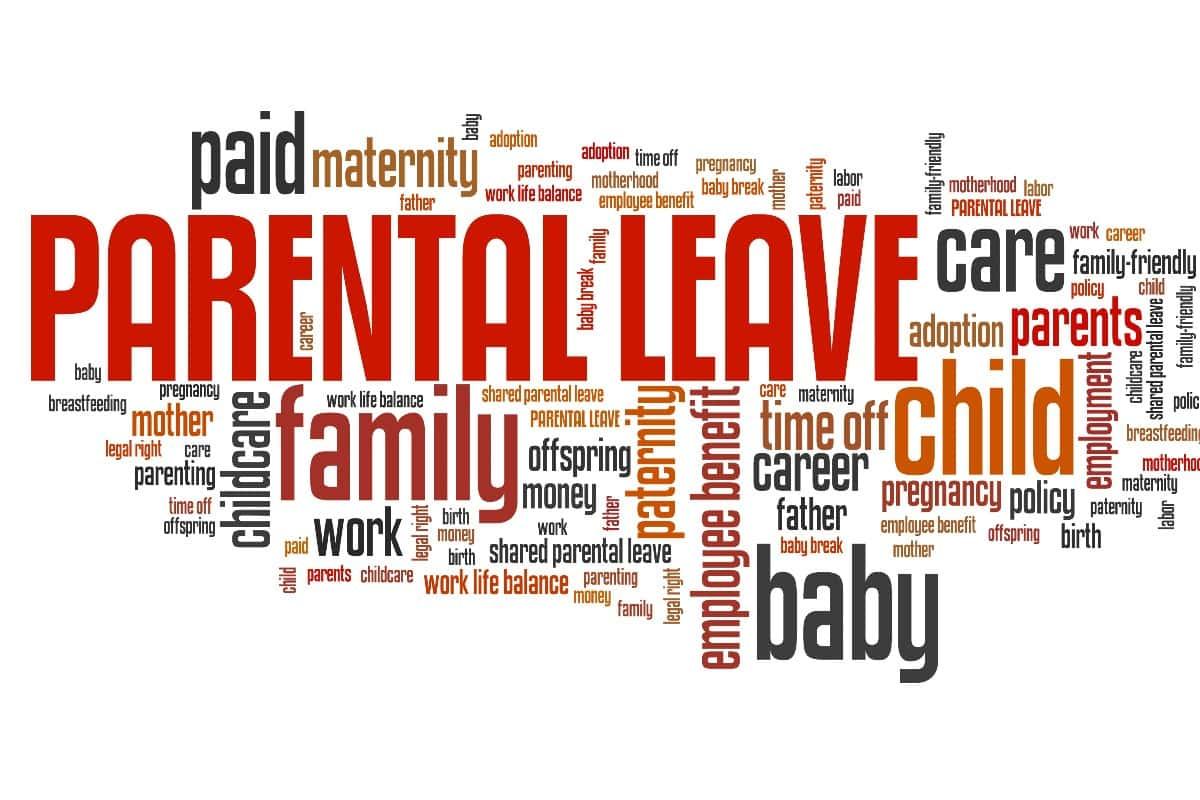LAU Leads the Way with New Family Leave Policy
The university seals a project aimed at parental policy change on the national level by revising its own.
On 16 December, LAU hosted the closing ceremony of an innovative project funded by the US-Middle East Partnership Initiative (US-MEPI) that addresses parental leave policies within the private and public sectors in Lebanon.
Led by the Arab Institute for Women (AiW), the project titled Equality for Everyone: Gender Reform from Grassroots to Government involved drafting a parental leave law in close collaboration with the National Commission for Lebanese Women (NCLW) that was endorsed by several MPs and was already proposed in the Lebanese parliament.
A highlight of the virtual event was an announcement by LAU President Michel E. Mawad that the university is developing a new family leave policy extending the duration of the maternity leave from 10 to 15 weeks and granting, for the first time in the history of Lebanon, a 10-day paternity leave. The draft of the policy is being finalized and will be submitted to the Board of Trustees in March 2022.
“We are proud to be the first institution in the country to work on such a policy and to entice our government to follow suit and approve the law advocated by the National Commission for Lebanese Women,” Dr. Mawad said. “In so doing, LAU is simply being true to its mission and culture and faithful to the legacy of Sarah Huntington Smith and the fulfillment of her vision. We so much look forward to seeing the whole country and region follow suit.”
US Ambassador to Lebanon Dorothy C. Shea, who was at the event, commended “LAU for adopting reforms like the enhanced parental leave program and the creation of family-friendly facilities as it strives to be the first Lebanese institution to implement this important policy.”
Through this project, AiW worked closely with private companies, members of the Lebanese League for Women in Business and NGOs who were willing to consider reviewing their parental leave policies and childcare benefits despite the current economic crisis. It also conducted a national advocacy campaign online via social media platforms, and offline via a TV commercial aired on three national TV stations, reaching close to 2.6 million people in Lebanon.
NCLW President Claudine Aoun Roukoz stressed the importance of increasing women’s participation in the job market with the worsening economic crisis, to stop more families from falling into the cycle of poverty.
To that end, she expressed her hope that parliament would pass the legal amendment that, in addition to recognizing parental leave, “would extend maternity leave to 15 weeks, allow an hour during work hours to pump milk to the infant, provide incubators for the young children of male and female workers, and prohibit discrimination in wages and other benefits.”
The project, which also strives to promote access to healthcare for disadvantaged women and serves as an “entry point to gender equality,” said AiW Director Myriam Sfeir, “proved to be a successful partnership between all actors involved.”
Dr. Jennifer Skulte-Ouaiss, the director of Title IX at LAU and project manager presented LAU as a pilot for parental leave reform. Findings from research conducted by LAU faculty members within the context of the project were also revealed during the closing ceremony.
Dr. Ali Fakih, associate professor and associate chair of the Department of Economics at the Adnan Kassar School of Business produced a white paper and a research paper on family-friendly work practices in Lebanon; Assistant Professors of Clinical Psychology, Dr. Pia Tohme and Dr. Rudy Abi Habib investigated the “Predictors of Work Productivity and Maternal Competence after Having a Baby;” and former researcher at the AiW, Jana Mourad, co-wrote a paper with Dr. Skulte-Ouaiss on “Women and Work During the COVID-19 and Other Crises.”
“Implementing this project despite all the challenges brought about by the compounded crisis Lebanon is passing through and in light of the global pandemic that warrants to be considered a generation-defining event whose impact has been far detrimental when it comes to gender, was challenging,” concluded Sfeir. “But we did it and managed to push for amendments on the level of our own institution so as not to talk the talk without walking the walk.”
